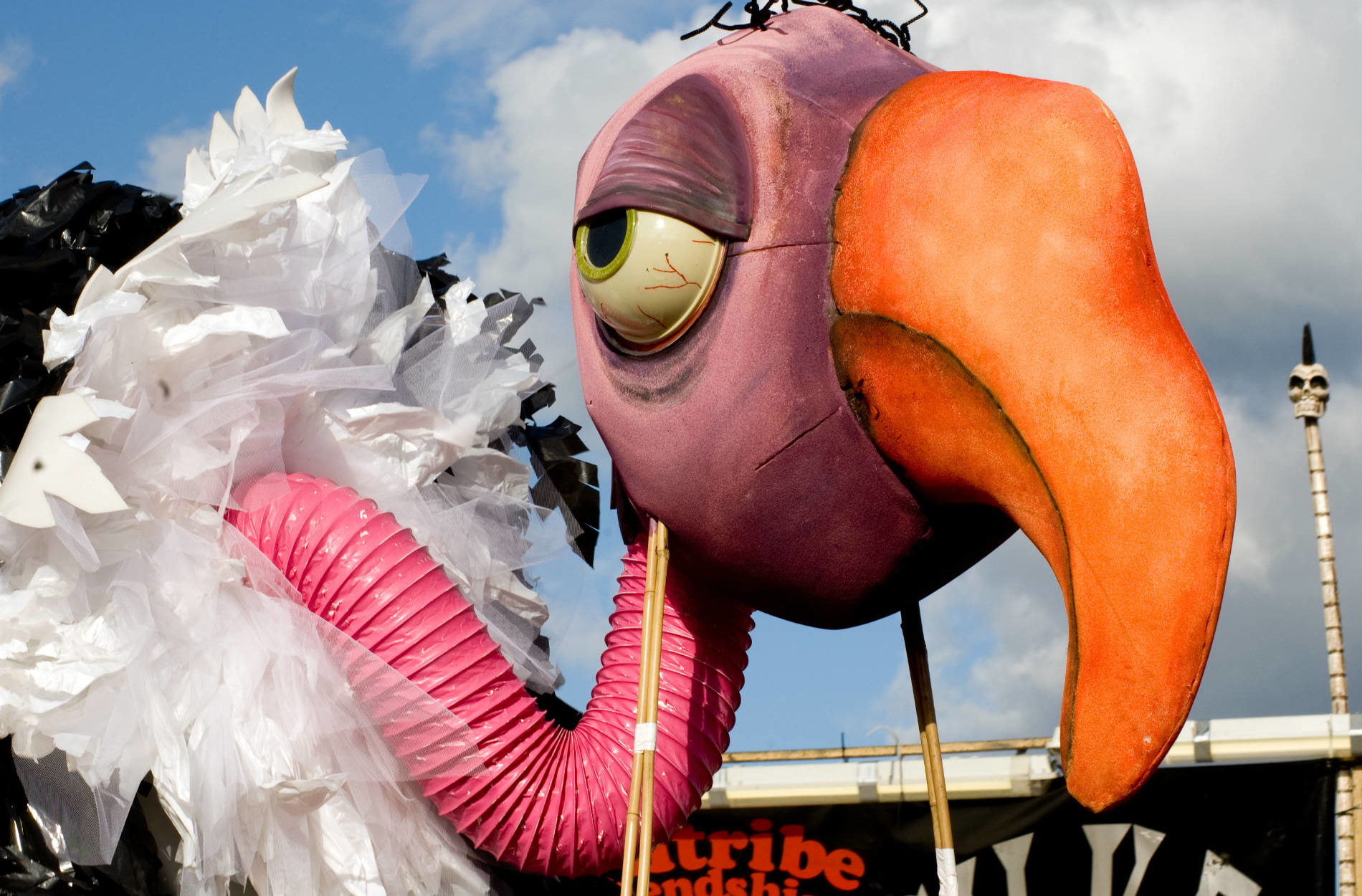During the summer, Lacuna Magazine appeared at WOMAD.
Our aim was to engage with potential readers whilst raising issues of human rights that we and our hosts at the festival, Action Village India and Madras Café, thought were important. We wanted to know what people thought about human rights, and how they would engage with us on issues like gender equality and our right to protest. We wanted to hear what they had to say.
Lacuna’s authors and editors assembled in the Madras Café marquee, beside the idli, sambhar and chutney. Those who came to eat were often moved to talk. As Rebecca Omonira-Oyekanmi reports, the immediate engagement with our themes was often passionate. People do care. The problem perhaps lies not in a lack of empathy but a lack of knowledge. How do we find out about the lives of others so that we can respond effectively to their situation? Rebecca’s encounter with artists and speakers at the festival led her to think that finding out about people’s experiences and telling their stories is a vital first step. But so too is keeping an open mind. Many of the musicians and artists at the festival wove political concerns about justice into their work. Music and art and literature may be entertaining but they are also ways of provoking concern. 47 Soul (a band rooted in ‘Bilad Al-Sham, spanning the divides from Amman to the Galilee, the Golan Heights to Ramallah’ and interviewed by Rebecca at the festival) say they write and perform ‘to speak about freedom of movement, whether that’s sparking new dance styles or singing about breaking down border check points’. Human rights are entwined into dance, music, and life itself..
We found more inspiring stories all around the festival, brought to us through a diverse range of speeches, films, literature and poetry. In the Global Voices tent there was a whole programme of talks and workshops. The documentary ‘We are Many’ about the protests against the Iraq War in 2003 was screened to packed audiences. Christopher Davis’ review of the film reminds us of those times portrayed and raises questions about the long term impact of moments of protest. Elsewhere, the World of Words introduced authors writing about provocative issues through fiction. Lacuna’s Laila Sumpton contributed to the literary theme by holding workshops in the Madras Café to translate human rights ideas and feelings into poetry. The poems written by the children and adults, who’d entered the tent to taste the wonderful Indian food but stayed to respond to Lacuna’s exhibition, were a creative realisation of our aim at WOMAD.
Our thanks go to Bryan Osbon, Fran Wilde, Kathy Siddle and all at Action Village India and the Madras Café who made Lacuna’s presence at WOMAD possible.
